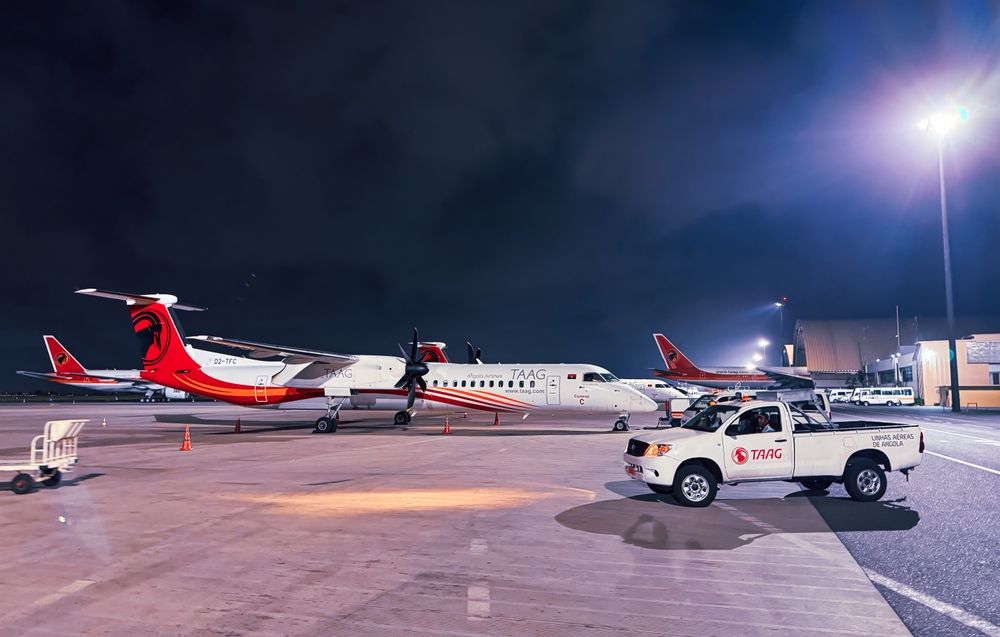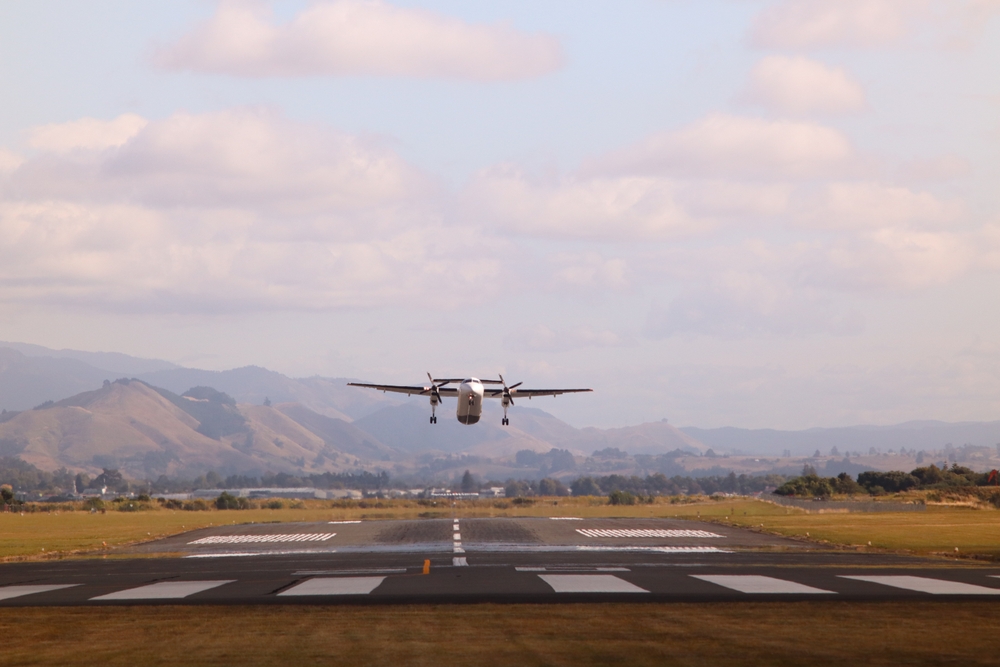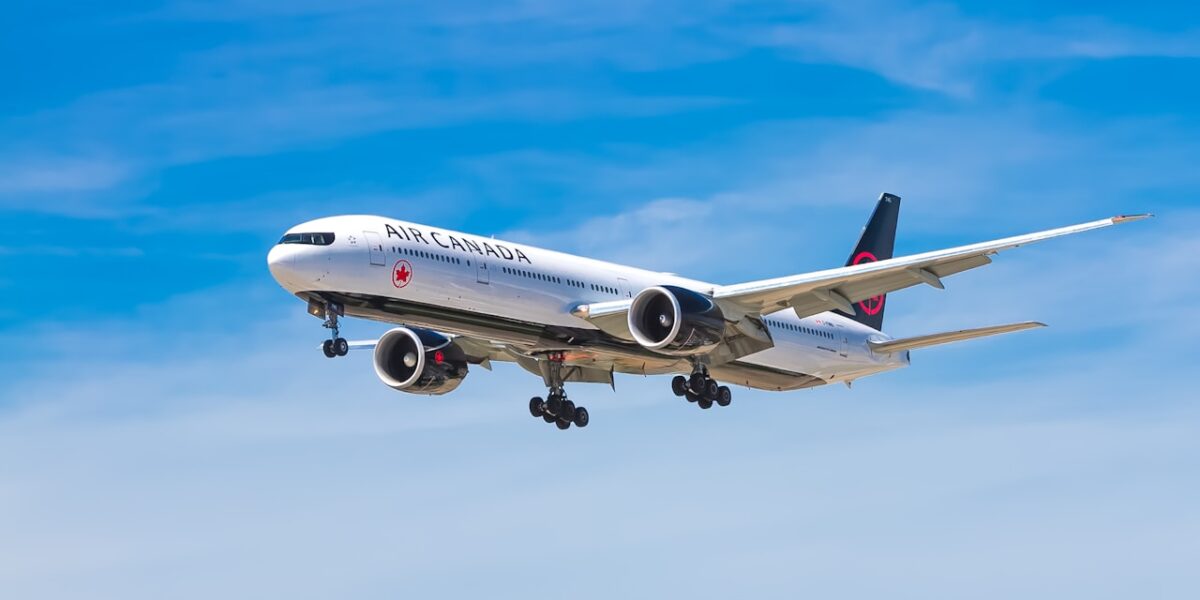Boulder Airport: Gateway to Scenic Adventures offers flight training, private aviation, and community events amid Colorado’s stunning natural landscapes.
Boulder Airport: A Comprehensive Overview

Boulder Airport, officially known as Boulder Municipal Airport, is an aviation facility located in Boulder, Colorado. This airport caters primarily to general aviation and private aircraft. It serves as a crucial hub for local pilots, flight training schools, and various aviation-related activities.
History and Development
Boulder Airport was established in 1928, marking its place as one of the older airports in the United States. Its inception was driven by the need to support mail services and private aviation in the growing community of Boulder. Over the years, the airport has seen several expansions and upgrades to accommodate increasing demand and technological advancements.
Facilities and Runways

The airport features a single asphalt runway, designated as Runway 8/26, which is 4,100 feet long. Despite its modest size, this runway is adequate for most general aviation aircraft, including single-engine planes, small multi-engine aircraft, and light jets. The airport does not have commercial airline service, which helps maintain its focus on general aviation and private flights.
Aviation Services
- Fixed-Base Operator (FBO): Boulder Airport has a full-service FBO that provides fueling, hangar space, aircraft maintenance, and other essential services. The FBO ensures that pilots and aircraft owners have access to top-notch facilities and support.
- Flight Training Schools: The airport is home to several flight training schools, offering instruction for both new pilots and those looking to enhance their skills. These schools provide a range of programs, from private pilot licenses to more advanced certifications.
- Aircraft Rental: Various companies at the airport offer aircraft rentals for pilots who do not own their own planes. This service is particularly popular among flight school graduates and aviation enthusiasts.
- Maintenance and Repair: Boulder Airport hosts several maintenance and repair shops that cater to general aviation aircraft. These facilities provide routine inspections, repairs, and avionics upgrades.
Community and Events
The airport plays an active role in the local community, hosting events and activities that promote aviation and engage residents. Open houses, airshows, and educational seminars are regularly organized to attract visitors and spark interest in aviation.
Environmental Initiatives
Boulder Airport is committed to sustainability and reducing its environmental impact. The airport has implemented various initiatives to minimize noise pollution, reduce carbon emissions, and promote the use of renewable energy sources. Efforts include the installation of solar panels and promoting the use of electric-powered ground support equipment.
Nearby Amenities
Boulder Airport is conveniently located near several hotels, restaurants, and recreational facilities, making it easy for visitors to find accommodations and enjoy their stay. The city of Boulder offers a range of outdoor activities, including hiking, biking, and rock climbing.
Future Plans and Developments
Plans for future development at Boulder Airport focus on enhancing the existing infrastructure and improving services. Projects include extending the runway, upgrading navigation aids, and expanding hangar space to accommodate more aircraft. These improvements aim to better serve the needs of the aviation community and ensure the airport remains a vital asset for Boulder.



